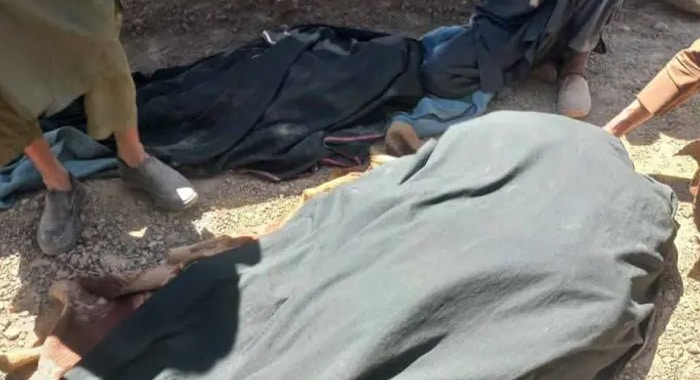A deadly explosion in Afghanistan’s central Ghor province has killed two children and left another seriously injured, after a leftover rocket shell believed to be from decades-old conflict detonated in a remote rural area. The blast occurred on Tuesday in the Bandbain area of Firozkoh, the provincial capital, when the children, all from nomadic Kuchi families, were grazing livestock and stumbled upon the unexploded ordnance (UXO). According to provincial police spokesperson Abdul Rahman Badri, the shell exploded as the children attempted to move it, unaware of the danger.
“These children were from Kuchi families,” Badri confirmed. “The explosion happened when they tried to move the shell, a remnant from earlier wars.”
The incident has reignited urgent calls for expanded mine clearance operations and public awareness campaigns in Afghanistan, which remains one of the most heavily UXO-contaminated countries in the world. Despite decades having passed since major military operations, millions of landmines and explosive remnants still pose a daily threat—especially to children and nomadic groups.
Humanitarian organisations including the UN Mine Action Service (UNMAS) and HALO Trust continue to work on demining efforts, but vast regions, particularly mountainous and underserved areas like Ghor, remain dangerously exposed. Nomadic communities like the Kuchis, who frequently traverse unsecured terrain, are at disproportionate risk.
“This is not an isolated tragedy it’s a brutal reflection of a country still held hostage by its past,” said a local aid worker. “Children shouldn’t be dying from weapons left behind by wars they never lived through.”
As Afghanistan grapples with political instability and limited international aid, the latest explosion underscores the need for renewed global focus on UXO clearance, rural safety education, and victim support. Without immediate and expanded efforts, officials warn that more innocent lives especially among the country’s youngest—will continue to be lost to the lingering dangers of war.





